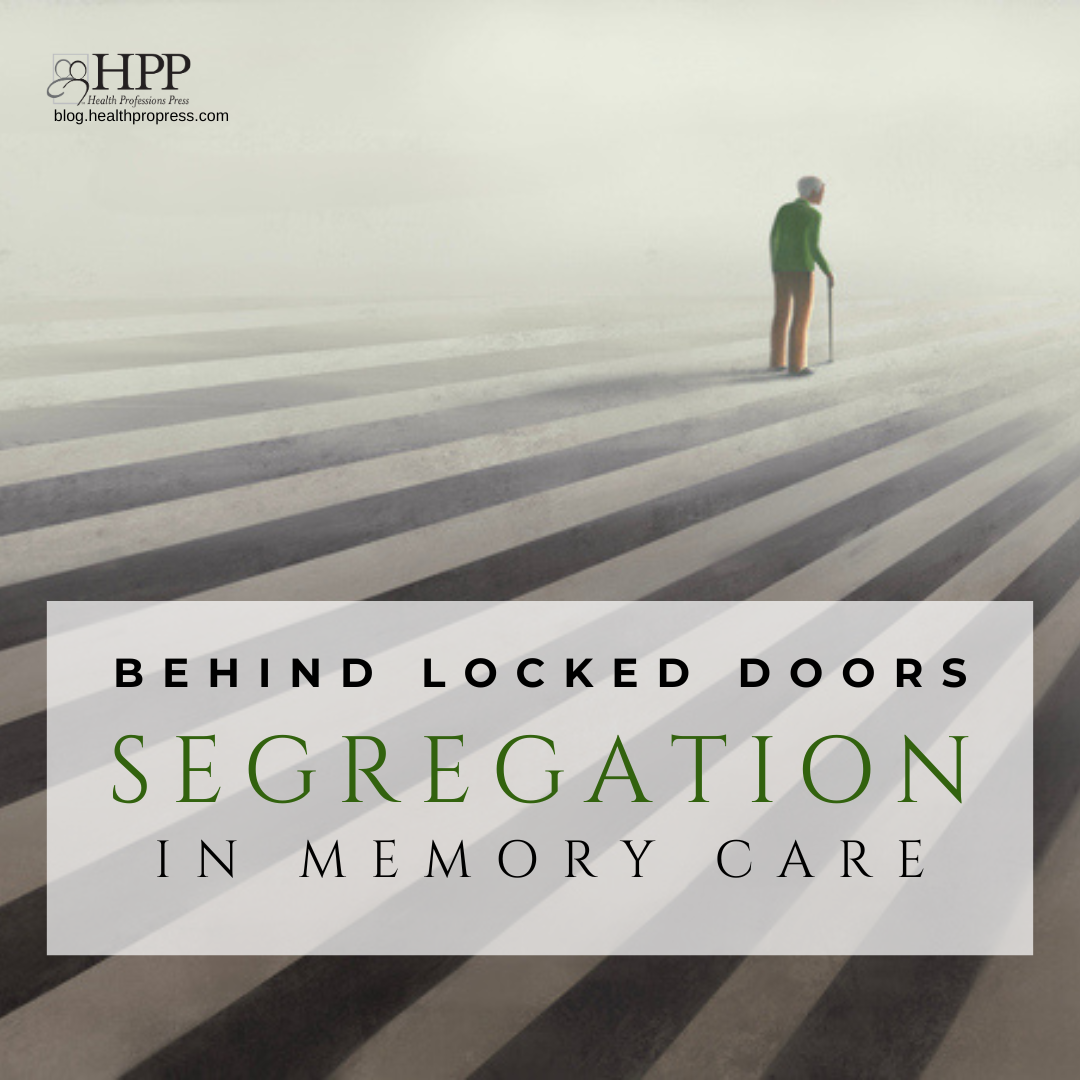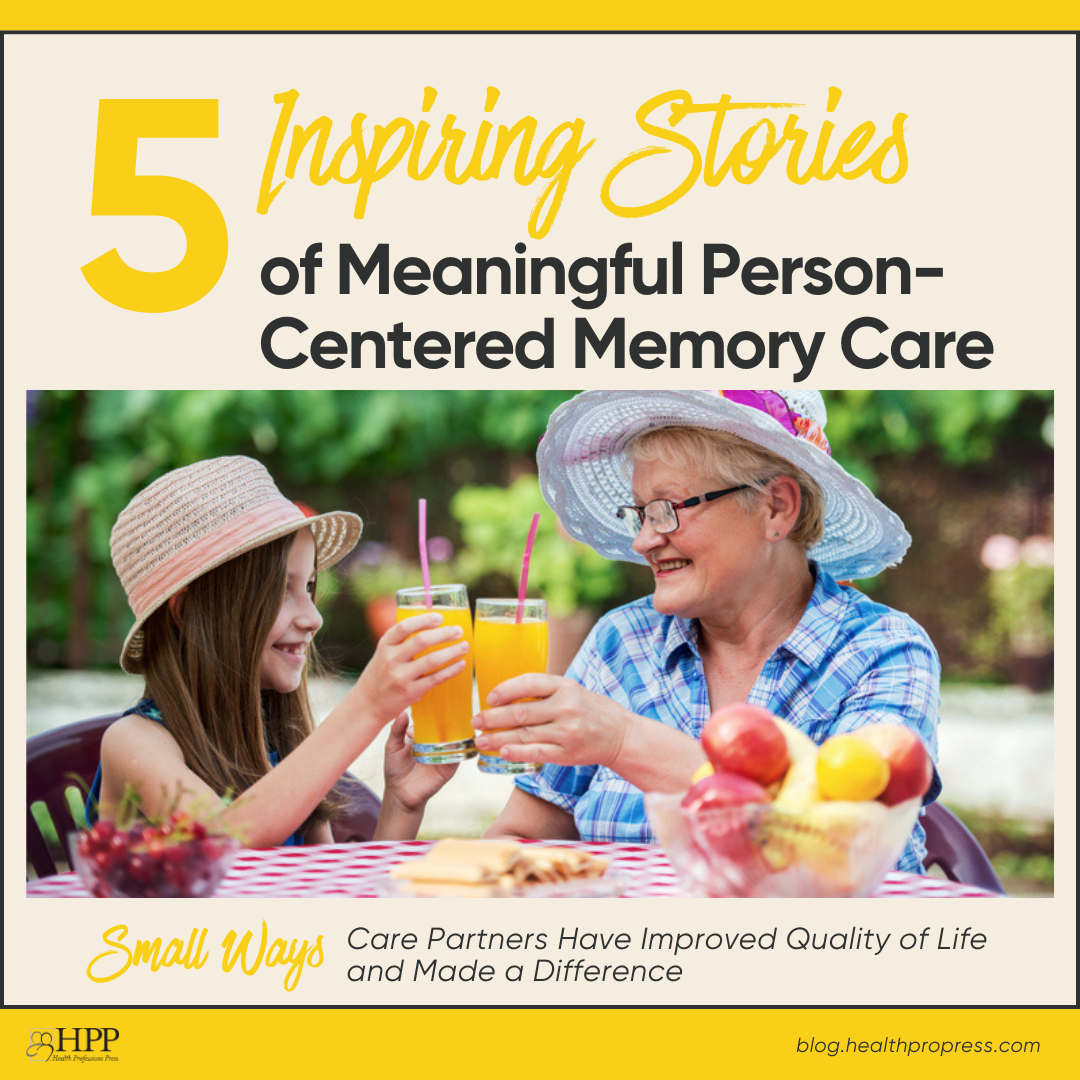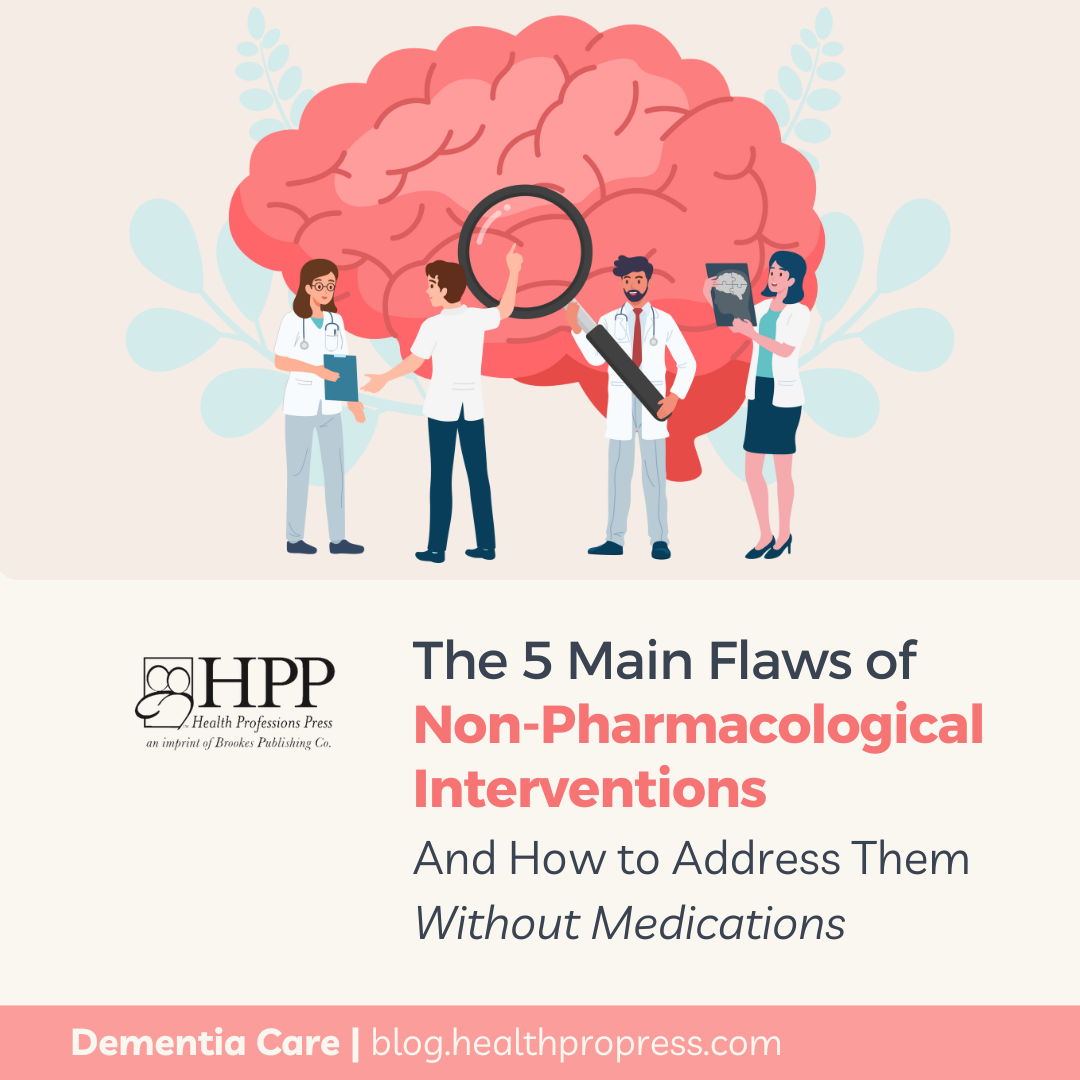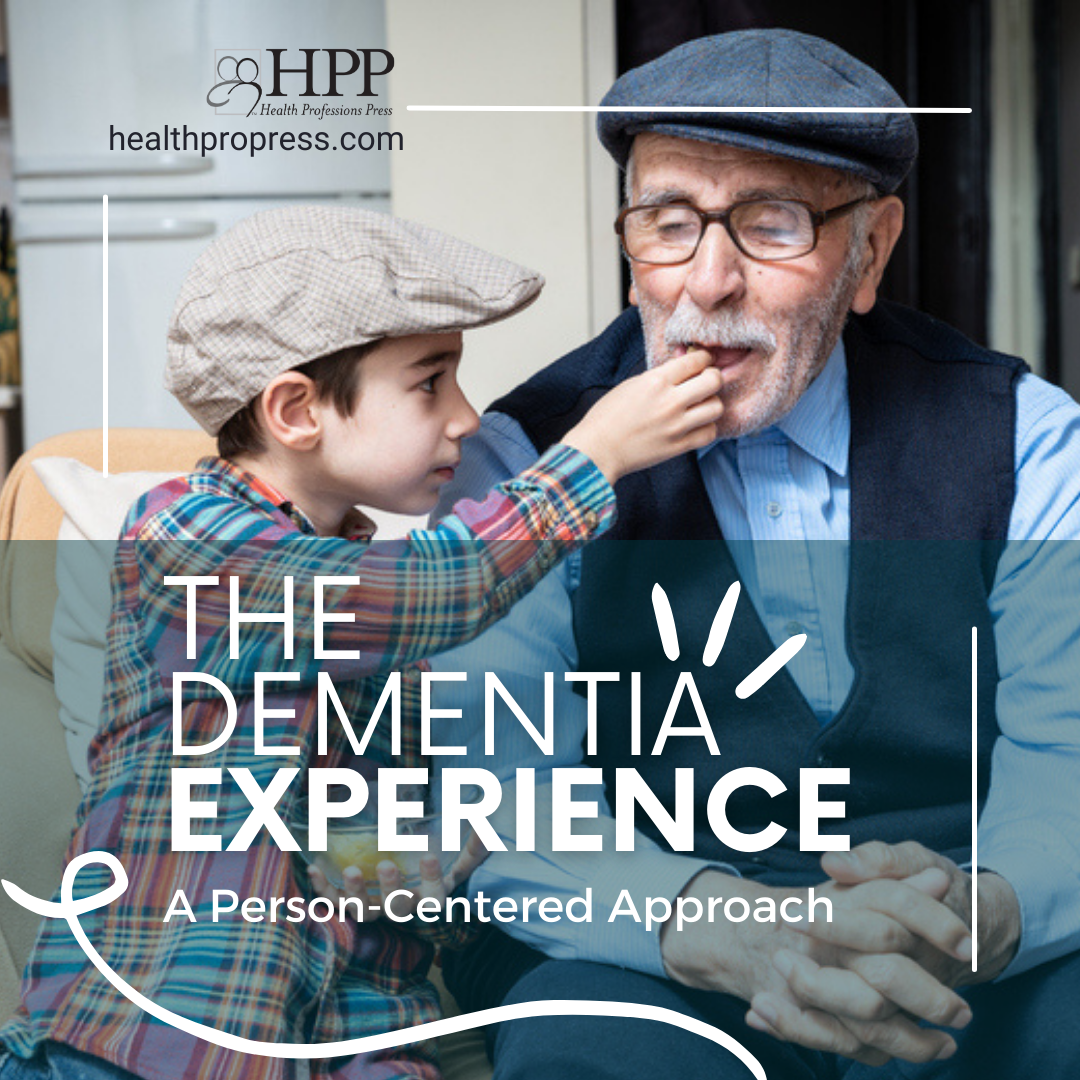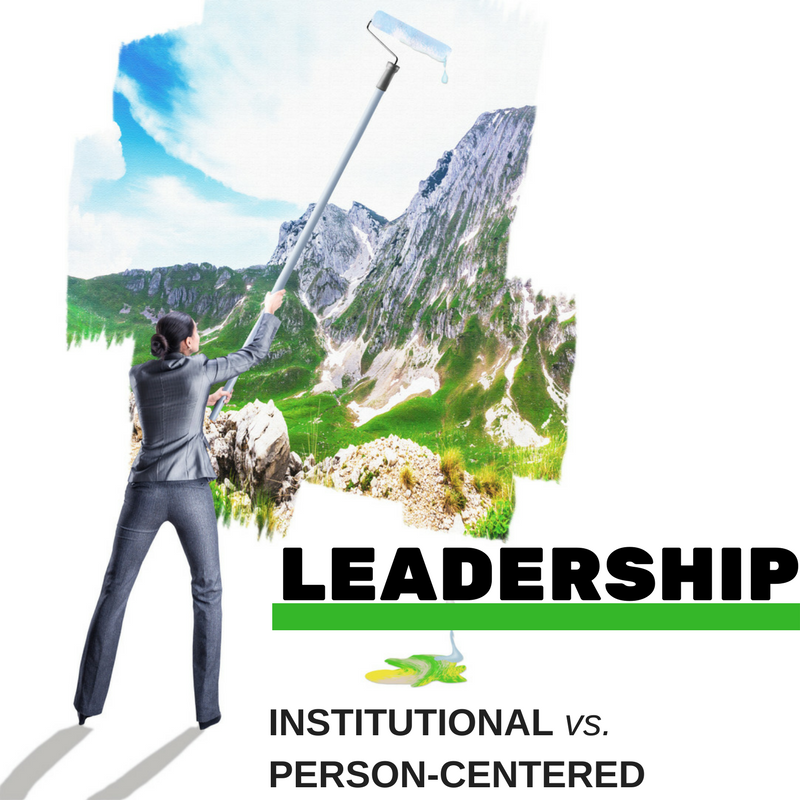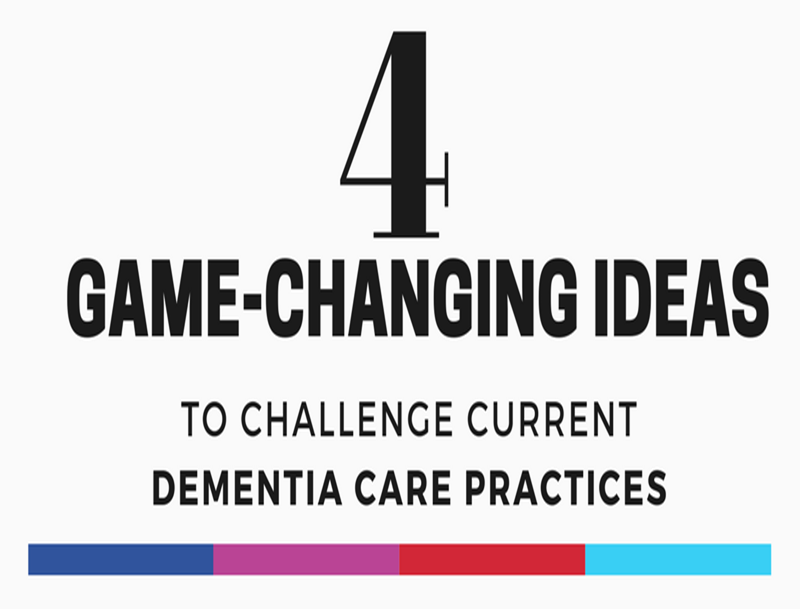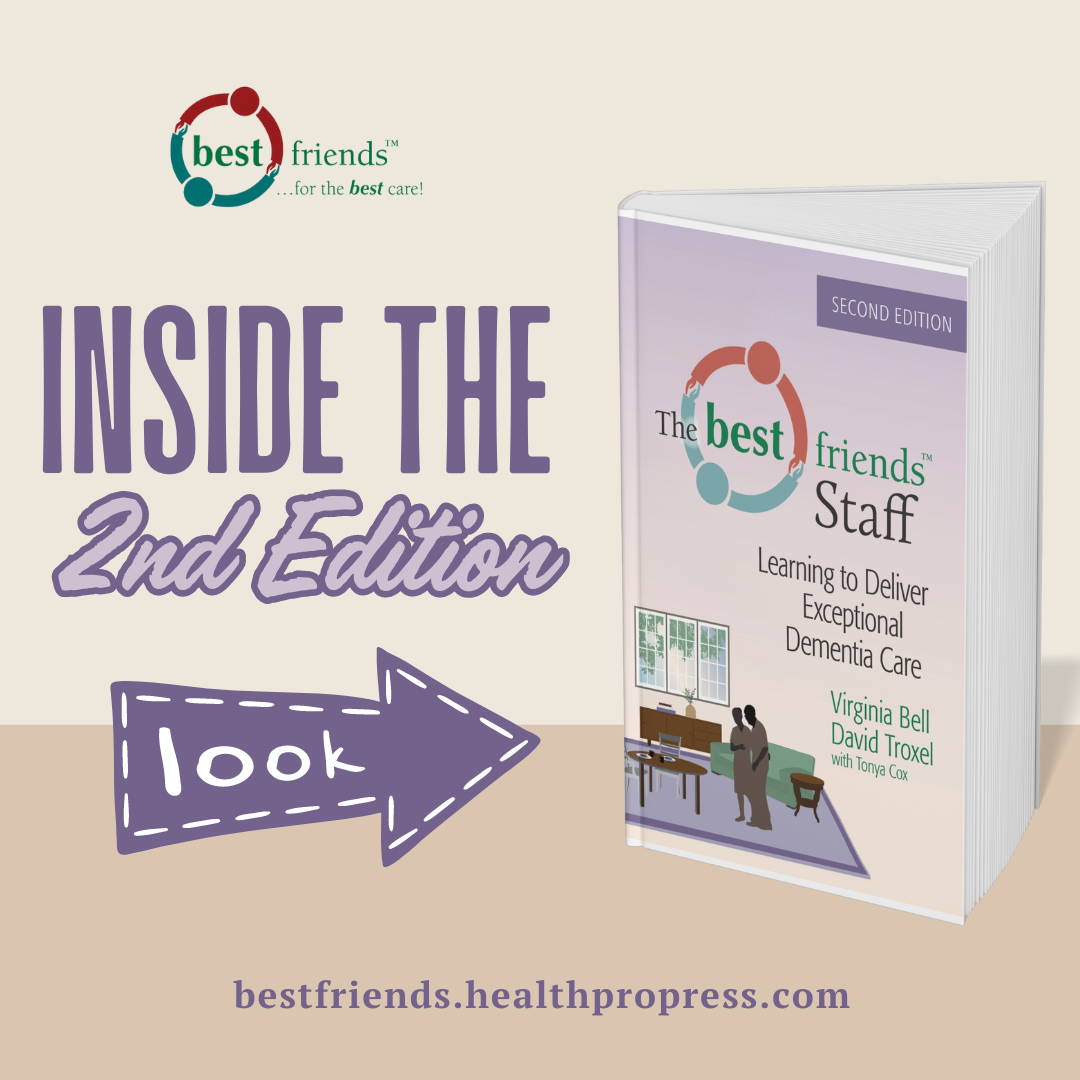
Inside The Best Friends Staff, Second Edition
The second edition of the bestselling staff training tool from the Best Friends™ product suite is packed with resources to help staff in dementia care gain the required skills and confidence to deliver optimal care and succeed in this challenging caregiver role. Here, we break down the contents of the book so that you can see just how it can work for you! Part I discusses the foundations of effective training and provides an overview of the Best Friends approach. Reinvent and Energize Training Chapter 1 describes ways to reinvent and energize boring and ineffectual training programs. Currently, many providers…
READ MORE


